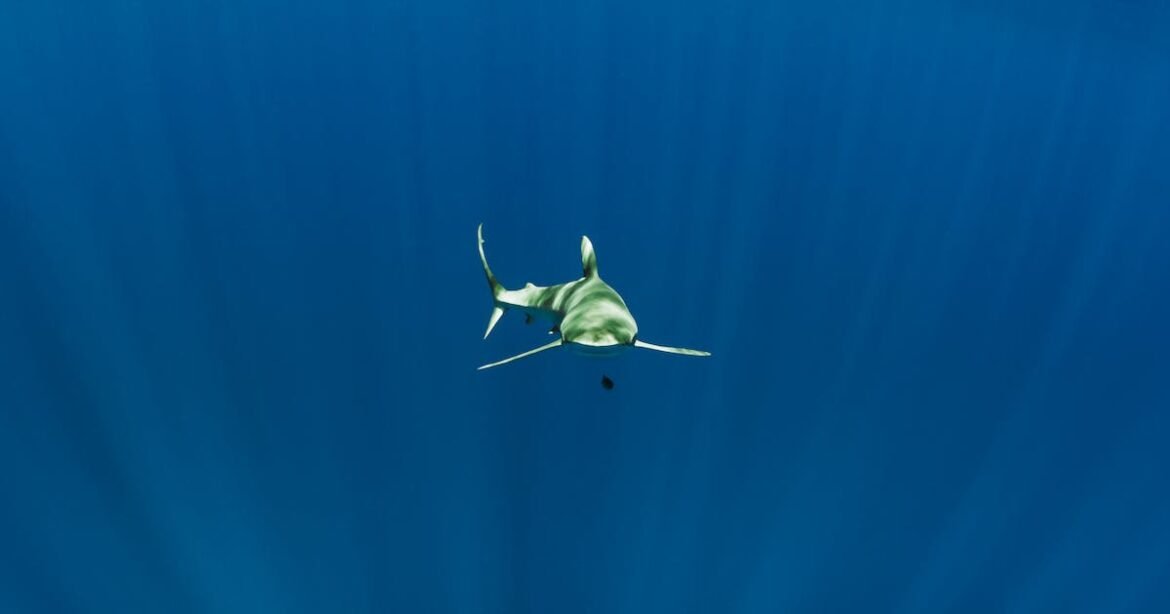Efforts to ban shark finning in recent years don’t seem to be having the desired effect, according to new research.
A paper published this week in the journal Science finds that between 2012 and 2019, the number of sharks killed by fishing increased from at least 76 million a year to 80 million, even as regulations were being put in place, reported Dino Grandoni for The Washington Post.
The study’s authors found that restrictions on the practice of shark finning — the slicing off of shark’s fins for use as the key ingredient in the Asian delicacy shark fin soup — were ineffective at reducing shark mortality. In fact, the study found, the rules may have even contributed to more sharks dying by encouraging fishers to bring sharks that they caught — with their fins still intact — to shore and sell the meat and cartilage in addition to the fins.
Shark meat, the Post reported, is increasingly showing up in food without diners knowing it. Previous research has found spiny dogfish, a threatened shark species, in about 90 percent of samples from fish-and-chips takeout spots in southern England, according to the Post.
But there are at least two bits of good news to come out of this work.
For one, the researchers found that some regulations do in fact have a positive effect on protecting sharks.
And, places with concerted efforts to protect sharks have sustained or even grown shark populations. One of those regions, according to study co-author Boris Worm of Dalhousie University in Canada, is Raja Ampat, an Indonesian archipelago where Conservation International has worked with governments and local communities for years to reverse poaching and destructive fishing practices.
Worm told the Post that when he first swam off Raja Ampat in 2010, he “hardly saw any sharks.” Returning to the same place nine years later, “there were sharks on pretty much every dive.”
“It was some of the most glorious and most hopeful diving I’ve ever done,” he said.
Read the Post story, here.
Check out our award-winning virtual-reality film about conservation in the Raja Ampat islands, here.
Recent shark news from Conservation International:
Bruno Vander Velde is the managing director of content at Conservation International. Want to read more stories like this? Sign up for email updates. Also, please consider supporting our critical work.

